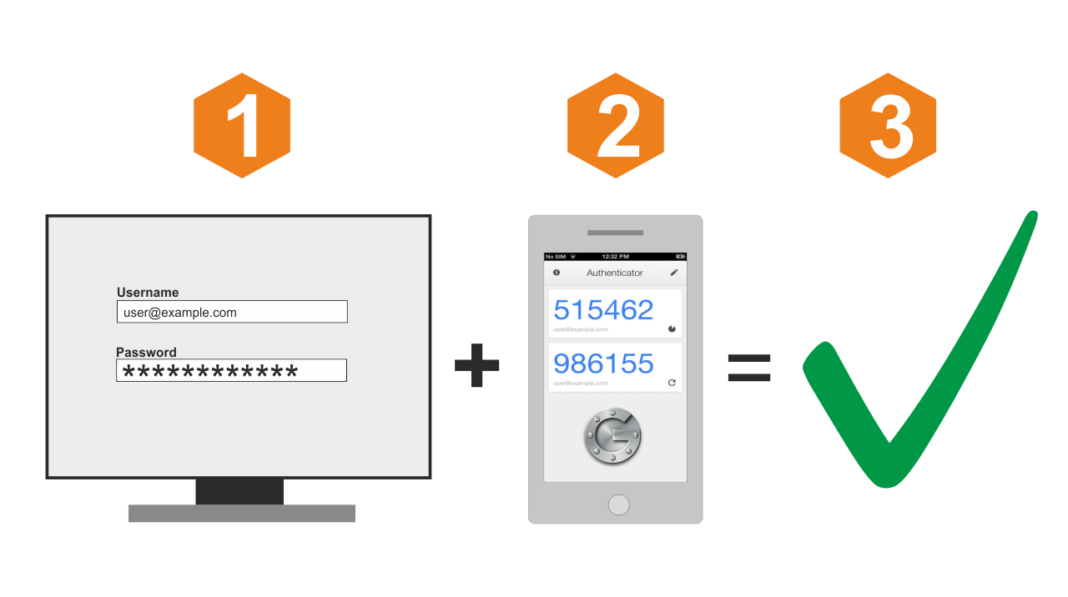It makes changes to the artwork, invisible to the human eye.
While the artists vs. AI war keeps raging on, those concerned about copyright are looking for ways to eliminate artworks from text-to-image models’ training databases. To help, researchers presented Glaze, a tool that can hide art from AI eyes.
According to the paper, it enables artists to apply “style cloaks” to their art before sharing it online. The cloaks “apply barely perceptible perturbations to images, and when used as training data, mislead generative models that try to mimic a specific artist.”
The creators have worked with over 1,100 professional artists, assessing their views of AI art and the efficiency of the tool, as well as its usability and tolerability of perturbations and robustness across different scenarios.
The authors are working closely with Karla Ortiz, an illustrator and artist, one of the three creators that filed a lawsuit against Stability AI, Midjourney, and DeviantArt. With Glaze, she can upload her work and choose an art type different from her own. The tool makes changes to her art that AI would associate with something else entirely. The changes are invisible to the human eye, but the model will pick them up.
“We’re taking our consent back,” Ortiz said. AI tools “have data that doesn’t belong to them. That data is my artwork, that’s my life. It feels like my identity.”
To prevent the AI from learning an artist’s style, the artist can upload a digital version of their work to Glaze and choose a different art type than their own. The tool will make pixel-level changes that the AI would associate with another style.
The University of Chicago team acknowledges that the tool does not guarantee absolute protection, but its goal is to fill the gap until laws, regulations, and policies are updated. The threat feels very personal to artists, as the databases the AI uses to learn styles have been built without their consent, leading many artists to fear for their future. The AI generators are already facing a number of legal challenges similar to those that occurred in the early days of the internet, such as the illicit use of music through services like Napster.
Legal experts compare the debate over unrestricted use of artists’ work for generative AI to piracy concerns in the early days of the internet. The goal of copyright law is to protect and encourage human creativity.
A nonprofit group called the Concept Art Association raised more than $200,000 to hire a company to persuade Congress to protect artists’ intellectual property. AI art generators could develop some sort of “private contract system that guarantees some degree of compensation to the creator,” predicts Raymond Ku, a Case Western University copyright law professor.
Movements are approaching in all senses, very similar to those we had when the Internet began to fill almost all the spaces of our existence.
Glaze is not available for download yet, but the creators are planning to release it on macOS and Windows for free in the coming weeks.
Don’t forget to join our Facebook Page, and Follow us on Twitter and Instagram , where we share breakdowns, the latest news, awesome artworks, and more.



